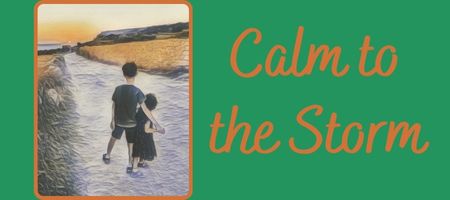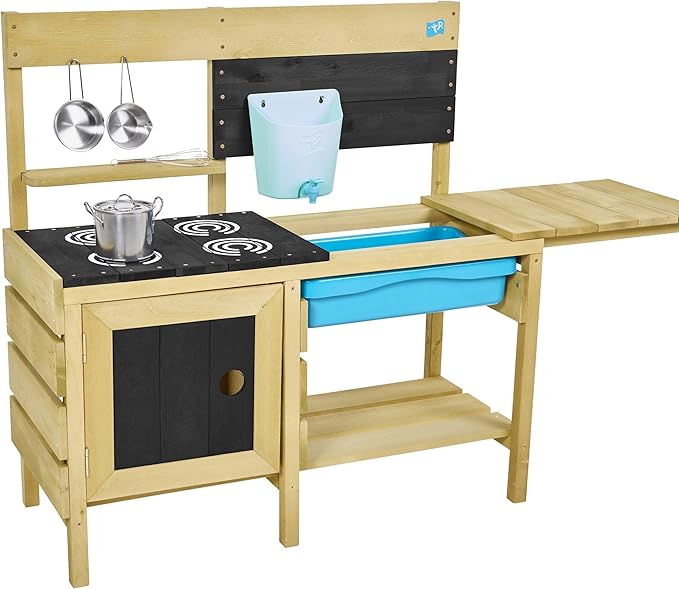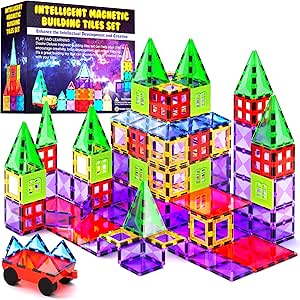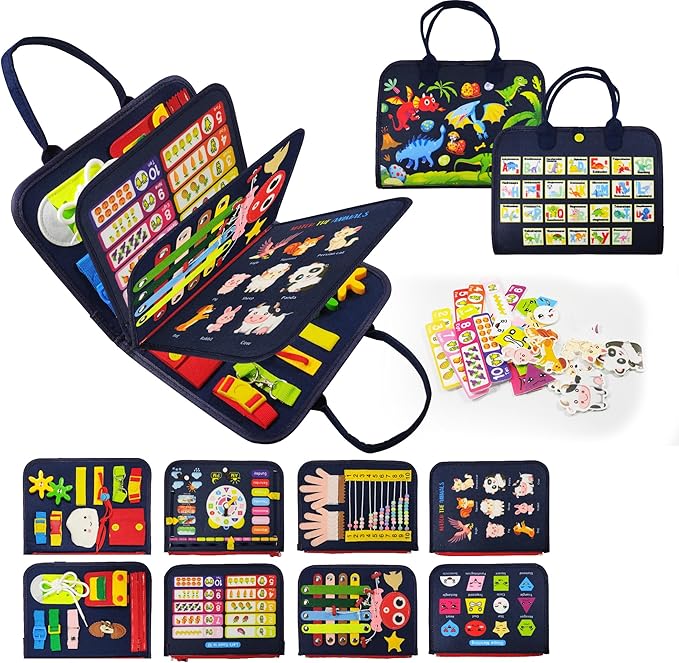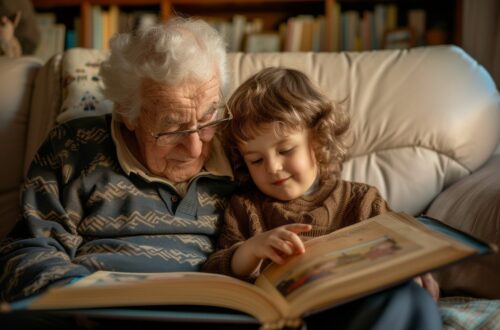The importance of play for your toddler: A whole new world
The importance of play for your toddler may not be highlighted when we talk about their fundamental needs. Food, love, and shelter are things that our children need to survive. However, you probably want more than survival for your children. You likely want them to thrive. Play can be an important part of helping them learn and develop.
Why is play important for toddlers?
Children enter a world that is big and mysterious to them. Play is the way that they explore their surroundings and learn how to interact with others. It also helps them to learn about themselves, their capabilities, limitations and potential.
From when they are babies, our children are learning through play. In everything they do, they are developing skills and understanding. For example, one of the first toys that most babies are given is usually a rattle. A rattle is rarely classified as an educational toy, yet it teaches plenty. The baby shakes it, and it makes a noise. Through repetition, they will slowly begin to form the concept of cause and effect. The shaking of the toy leads to a noise, and when they stop, the noise stops too.
Many babies will go through a stage where they pick up an object, and then will drop it, or even throw it. Although at the time, it may feel like they are treating you like a pet dog, and trying to get you to fetch, the dropping and throwing stage is how they learn about gravity. It is also how they learn about holding on and about letting go. Also, how many times their adult will bring the same teddy back before they give up and shove it in a bag.
This exploration through play continues when they reach toddlerhood. As soon as they become mobile, their ability to explore, create and discover quickly increases.
Ways to play with your toddler
There are a lot of toys out there which are designed for toddlers. In fact, you could easily spend your annual wage on children’s toys. Toddlers do not need lots of fancy toys for play, though. There are many things that they can do for free, which are just as educational and fun.
Peek-a-boo
Peek-a-boo is a classic baby game that toddlers can enjoy too. Again, whilst to us as adults it may seem to be just a little bit of silliness, to children it can teach them about object permanence. Object permanence is the understanding that things still exist when they are no longer seen. It can also help children with gross motor skills and the ability to track objects visually.
Messy and sensory play
Toddlers can be rather messy, even before you get into messy or sensory play. However, messy and sensory play is great. It allows them to explore the world with all of their senses. They experience the feel of sand on their fingers, the sounds that a fabric makes when it crumples, and even the smells will intrigue them. Unfortunately, they will often try and explore through taste too, which can be frustrating as you try to stop them putting paint or dirty toys in their mouth.
As well as learning about different textures, sights, smells, tastes and visual sensations, sensory play can be a fantastic way to develop your child’s creativity.
You don’t need to spend a fortune on sensory play kits. Old pans and spoons are all you need for a mud kitchen. Play-dough is cheap to make at home from an online recipe. You can also make sensory shakers from old water bottles.
Role-play
Toddlers love to dress up. When they don their costumes, as firefighters, princesses or dinosaurs, they often will begin to engage in role play.
Role play is a wonderful way to encourage your child’s creativity. It can also be beneficial in developing their empathy as they play around with different roles and therefore perspectives. Often, role play involves the children creating and then acting out various scenarios. This can encourage children to use their problem-solving and cognitive skills.
As your child grows and passes from toddlerhood, they will begin playing socially with other children around them. Role-playing games are popular choices for these first co-play experiences. Through them, children learn to communicate and combine ideas.
Buying new fancy dress costumes can be expensive, but fortunately, there is usually a great selection in charity shops or second-hand selling sites.
Pegs and pans
A bag of clothes pegs and an old saucepan used to be my mum’s go-to activity for toddlers when she no longer had toys about. If you show a toddler how to clip a peg to the rim of the pan, it can keep them occupied for a fair amount of time. It is also a fantastic way to practise their fine motor skills. Just be warned, when you play this game might later find pegs attached to your jacket, shoes and furniture.
Obstacle races
Obstacle races can be a lot of fun and are easy to set up nearly anywhere. Get your child to crawl under chairs, hop from one square on the floor to another, climb over a box, or whatever other challenges you can create with the things around you. As well as helping your child’s physical development, this also supports cognitive development, as they try to remember what step is next.
Problem solving games
The art of problem solving is one that is acquired through practice. Therefore, offering your child problem-solving play can be really beneficial.
Problem-solving games include things like shape sorting, jigsaws, and mazes. Through them, children are not just developing their cognitive skills, but also developing perseverance
Scavenger hunts
Scavenger hunts are a lot of fun when you are walking with your toddler in the woods or playing in the garden; however, you can also do them just as well inside.
As well as being lots of fun, you can use scavenger hunts to help your toddler understand and classify the world around them. Give them list items that make them think, such as listing colours (something blue), sizes (something bigger than the basket), or other classifications (something that you wear, or something edible).
Parallel play
Toddlers are unlikely to play together, as they do not yet have the social skills to coordinate joint games. At most, they may hand each other toys or snatch each other’s toys. They do enjoy parallel play, however. Parallel play is where they play independently, next to each other. This can be beneficial as they observe each other and learn from how the other plays. Listening to the other child’s narrative or communication with their parent can expose them to a different range of vocabulary than they may usually hear.
As they play next to each other they will begin to learn social cues and understand the rules that govern social interaction, such as don’t hit or grab other children’s things.
A final note
The importance of play for your toddler can not be understated. By playing with your little one, you will be able to help them learn and develop, whilst bonding and having fun.
I wish you all the peace,
Hannah Louise
References
BBC. “Why It’s Good for Children to Take Risks and Challenge Themselves through Play.” BBC Tiny Happy People, 2024, www.bbc.co.uk/tiny-happy-people/articles/znpwkty.
Care Learning. “Positive Risk Taking in Health and Social Care – Care Learning.” Carelearning.org.uk, 20 May 2024, carelearning.org.uk/blog/person-centred-care/positive-risk-taking-in-health-and-social-care/.
Hanscom, Angela. “Risk-Taking and Child Behaviour | Over-Protection and Child Development | Community Playthings.” Www.communityplaythings.co.uk, Apr. 2017, www.communityplaythings.co.uk/learning-library/articles/remove-the-bubble-wrap.
Hawkins, Beth. “The Importance of Role Play in the Early Years | Eyworks.” Eyworks, 10 May 2024, www.eyworks.co.uk/blog/the-importance-of-role-play-in-the-early-years/.
Messy Play. 2019, cambspborochildrenshealth.nhs.uk/child-development-and-growing-up/hand-skills/messy-play/.
“The Power of Parallel Play for Young Children | NCHS.” Blog.nchs.org, blog.nchs.org/discover-parallel-play-for-children.
to, What. “Play Peekaboo | What to Expect.” Whattoexpect, 27 Jan. 2019, www.whattoexpect.com/first-year/peek-a-boo/.
WJEC. “The Importance of Being Able to Take Risks with Considerations of the Well-Being of Children.” Amazonaws.com, 2019, resource.download.wjec.co.uk.s3.amazonaws.com/vtc/2018-19/HSC18-19_3-1/_multi-lang/unit05/01-risk-taking.html.


